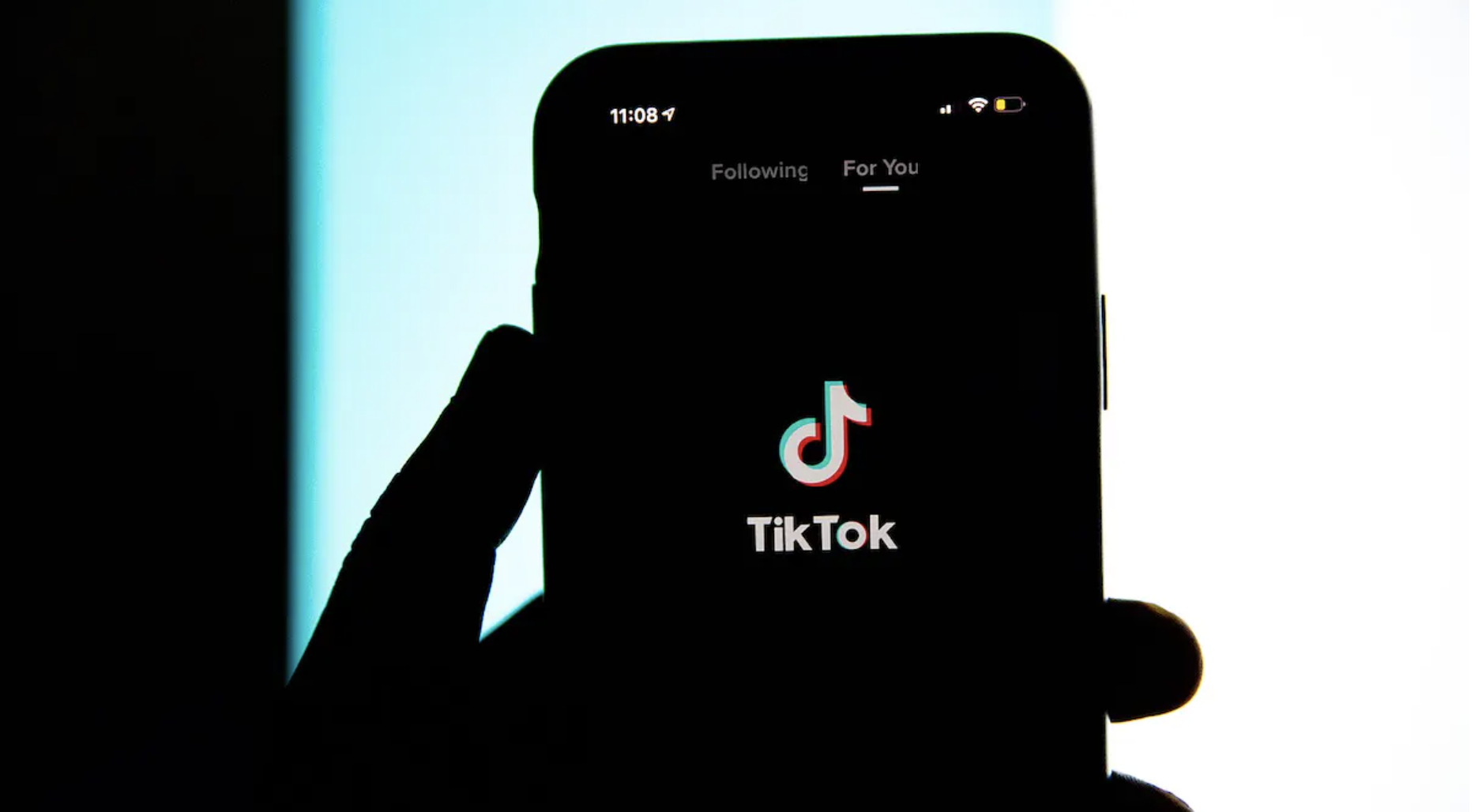How Algorithmic Trends Have Replaced Authenticity
In a digital age dominated by technological advancements, the fashion and beauty industries are witnessing a shift away from authenticity as algorithmic trends take center stage. The influence of AI fashion houses, unoriginality concerns, and the impact of TikTok beauty trends collectively contribute to the erosion of individual expression and the authenticity that once defined personal style. As efficiency and novelty take precedence, there is a growing unease among critics who argue that the essence of authentic fashion is being sacrificed in the pursuit of trendiness dictated by algorithms.
The emergence of AI fashion houses, while touted as a groundbreaking leap into the future, raises red flags regarding the authenticity of the creative process. Artificial intelligence, driven by data analysis and predictions, is now shaping design choices. However, this reliance on algorithms threatens to overshadow the distinctive voice of designers, resulting in a cookie-cutter fashion landscape where individual creativity takes a backseat to data-driven decisions.
Algorithmic trends not only herald the rise of AI fashion houses but also bring to the forefront a looming threat of unoriginality. As algorithms predict what will be popular, there is a genuine concern that the fashion and beauty industry may fall into a cycle of producing generic, uninspired designs. The push for marketability over genuine artistic expression risks diluting the authenticity that has long been the hallmark of the industry.
In a world driven by rapidly changing trends and instant gratification, the challenge lies in finding a delicate balance between data-driven predictions and preserving the core principles that make fashion a form of art.
Shifting the lens to beauty, TikTok has become a formidable force in shaping beauty standards and trends. While the platform democratizes beauty by giving everyone a voice, the algorithm-driven content delivery system has a double-edged sword effect. Beauty influencers propelled into the limelight contribute to the rapid spread of conformist makeup techniques, skincare routines, and aesthetic ideals.
TikTok's influence, while powerful, raises questions about the potential homogenization of beauty standards. The pressure to conform to viral trends may unintentionally stifle individual expression, leading users to replicate popular looks rather than celebrate their own unique features.
As we navigate the intersection of algorithmic trends and authenticity, a bleak picture emerges where the fashion and beauty industries risk losing the very essence that makes them art forms. Rather than viewing algorithms as enhancers of creativity, there is a pressing need to address the negative impact they have on individual expression.
Fashion and beauty enthusiasts, influencers, and industry leaders should engage in a critical dialogue about the consequences of this shift. Preserving authenticity in the face of algorithmic conformity requires a concerted effort to celebrate diversity, champion originality, and ensure the digital age becomes a catalyst for individual voices rather than a suppressor of originality.
The encroachment of algorithmic trends in fashion and beauty represents a formidable challenge to authenticity. By acknowledging the negative implications and actively working to mitigate them, the industry can strive to maintain its unique identity and artistic essence, ensuring that the heart of fashion and beauty beats authentically and true to its roots.
Strike Out,
Writer: Nikki Cohen
Editor: Cristina Angee
Tallahassee


